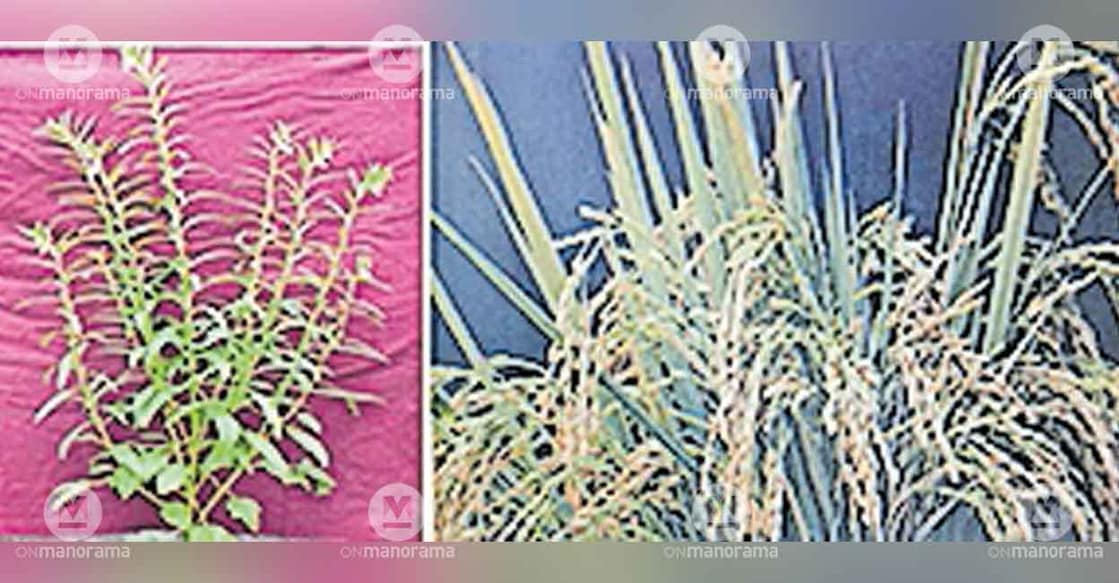From Alappuzha to outer space; local seed varieties join axiom mission

Mail This Article
Alappuzha: Alappuzha’s agricultural legacy has now reached the earth's orbit, with two of its homegrown seed varieties, paddy and sesame, making their way aboard the spacecraft that carried Group Captain Shubhanshu Shukla and team to the International Space Station (ISS) as part of the Axiom-4 Mission.
Of the five seed varieties selected for this space biology experiment, two have been developed in Alappuzha district. While the rice variety Uma was created at the MS Swaminathan Rice Research Centre in Mankombu, the sesame variety Thilathara was developed at the Onattukara Regional Agricultural Research Centre.
The Uma variety was developed by using Pavizham as the mother plant and the salt-tolerant Pokkali as the father. Uma has thus become a widely favoured seed variety due to its high yield and resilience. Developed by a research team led by Dr C A Joseph and comprising Dr Devika and Dr Leena Kumari, the variety matures in 120–125 days and produces a yield of 6,500–7,000 kilograms per hectare.
Thilathara, developed in 1998, is a short-duration sesame variety that matures in just 78 days. It was specifically bred to be cultivated as a third crop between paddy harvests in the Onattukara region. The variety yields around 572 kilograms per hectare under optimal conditions. The team behind its development included Prof N R Nair, Prof S Santhakumari, Dr Sunny K Oommen and Prof S Sukumaran Nair.
The seeds were taken to the ISS in specially designed containers as part of a space biology research initiative titled Crop Seeds on ISS by the Indian Institute of Space Science and Technology (IIST), Valiyamala. The goal is to study how seeds behave in zero-gravity conditions. After Shukla returns from his fortnight-long mission, the seeds will be retrieved and planted to analyse the changes they may have undergone.
The seeds were provided by Vellayani Agricultural College.

